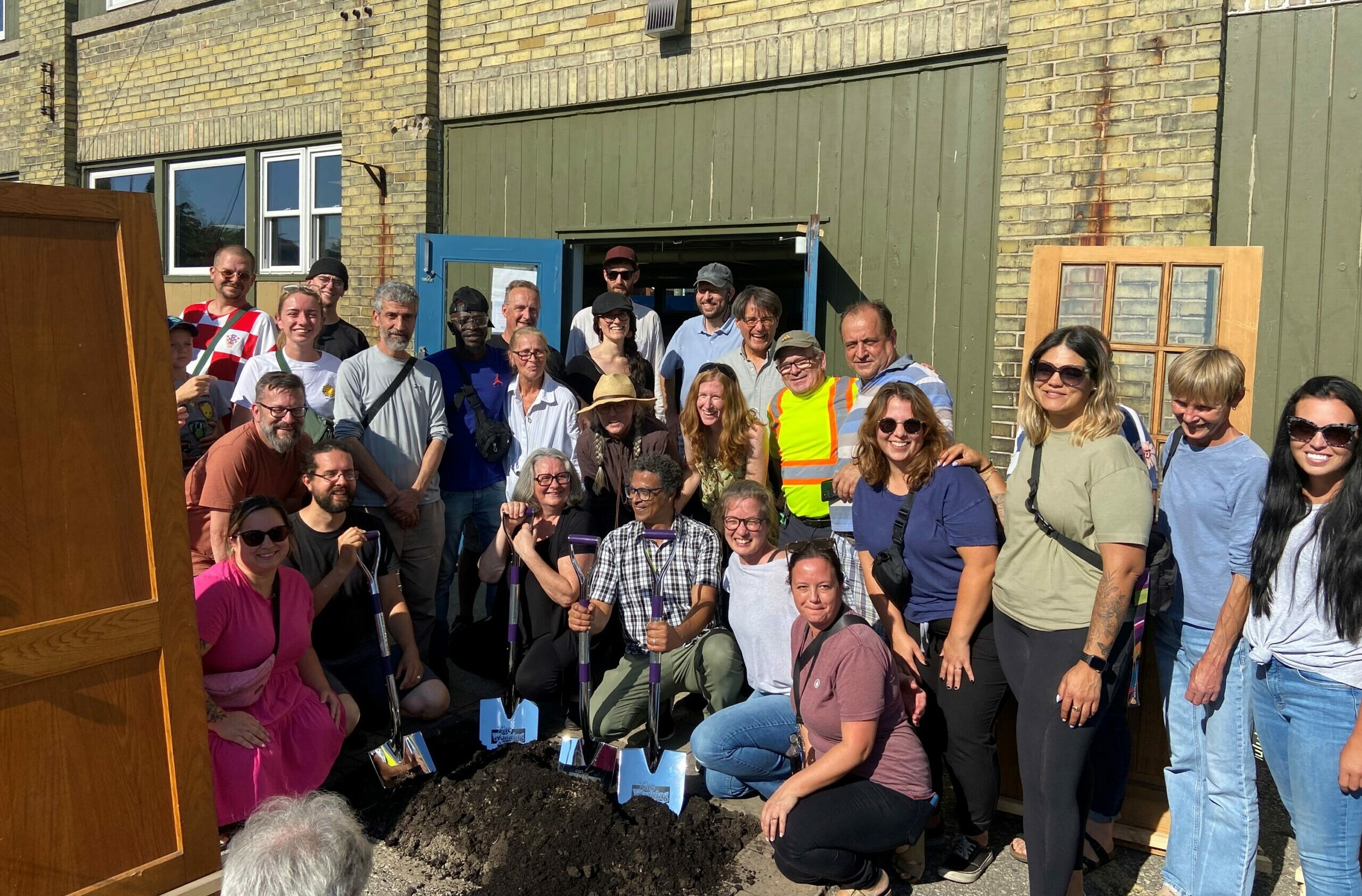The housing crisis is impacting Canadians across the country, but it is hitting folks in our community particularly hard.
As part of the solution, I’ve been advocating for sustained, direct investments to at minimum double the supply of affordable housing – which would still only move us into the middle of the pack when compared to peer countries in the G7!
This includes pushing for the federal government to return to ongoing investments into co-op housing, just as they did in the 70s and 80s. In fact, co-ops in our community – from Willowside Housing Co-operative to Bread and Roses in Kitchener – remain affordable to this day, and were founded at that time.
And we’ve been successful: two years ago, the federal government promised to provide $1.5 billion in new co-op housing funding. I’ve continued to advocate in Parliament for this funding to be made available, and just a few weeks ago they finally announced that funding streams are set to open on July 15. You can now find more information at www.cmhc-schl.gc.ca.
But addressing the housing crisis will take more than investing in the new, deeply affordable homes that communities like ours need – we’ve got to also focus on stopping the loss of existing affordable homes. This is especially true for our community, as a new report from the Canadian Housing Evidence Collaborative shows that our region leads Canada in a sad statistic: the number of affordable homes lost for each new affordable one added. We lose 39 affordable homes for every new one added! This is more than triple the national average.
Every level of government must act with urgency, including the federal government.
As the MP for Kitchener Centre, I’ll keep pushing for the federal government get serious about solving this crisis and make sure homes are for people to live in, not for corporate investors to profit from.
This includes my calls to stop the financialization of housing (for example by redirecting a $300M+ tax exemption for real estate investment trusts to go towards affordable housing providers like The Working Centre instead), investments that would at minimum double non-market social housing, and for our immigration levels plan to be aligned with the new supply of housing.

